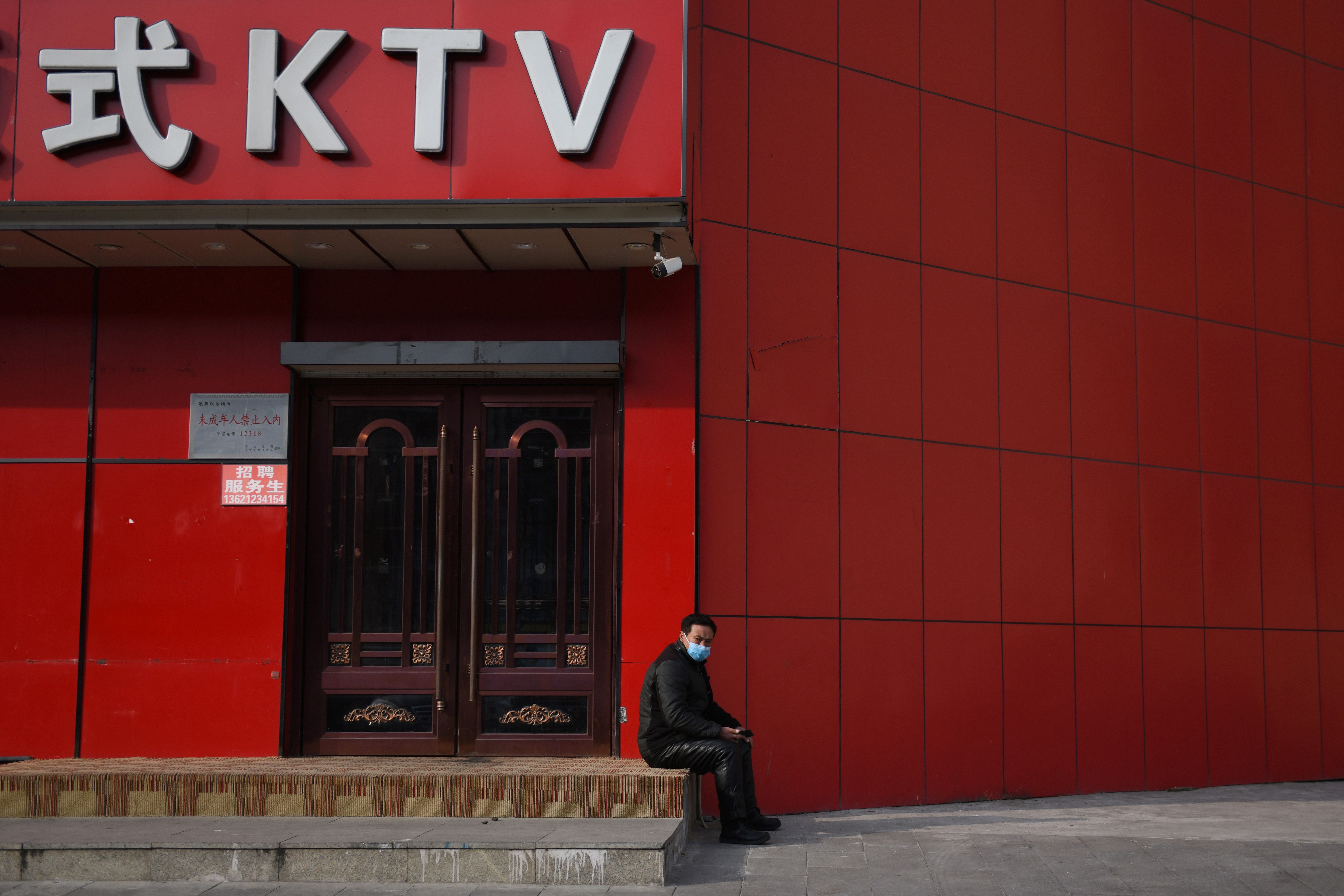China to establish banned list of karaoke songs that ‘endanger national unity’ in further clampdown
The blacklist of karaoke songs includes anything that ‘endangers national unity and sovereignty’

China has announced that it will ban karaoke songs with “illegal content” from venues across the country, in a further clampdown on freedom of expression.
The ban starts from 1 October, the Chinese ministry of culture and tourism spokesperson revealed on Tuesday.
The ministry said that karaoke songs with “illegal content” include those that “endanger national unity, sovereignty or territorial integrity.” It also includes anything that “violates state religious policies by propagating cults or superstitions, or which encourages illegal activities such as gambling and drugs.”
China has announced that it is encouraging content providers to supply “healthy and uplifting” music to karaoke venues across the country.
The ministry said on its website on Tuesday that content providers to karaoke venues shall be responsible for auditing the songs.
It added that the country has nearly 50,000 entertainment outlets with a basic music library of more than 100,000 songs.
This isn’t the first time China has banned songs from karaoke venues. Nearly 6000 songs were banned in 2018 because of copyright infringement.
China regulates its media rigorously. In recent times, it has punished platforms for content that was in “low taste.”
In April this year, Chinese TV channels started blurring out logos of any Western brands in their programmes. It came in the wake of Western retailers facing a backlash after they expressed concern about Uyghur minorities being used as forced labour in cotton production.
And in 2018, the Chinese media regulator also banned TV stations from featuring any actors with tattoos.
Experts then believed that the move by the government was aimed to minimise the Western influence on Chinese pop culture.
China has previously also barred television channels from airing any kind of content that shows any “admiration for the Western lifestyle or jokes about Chinese traditions.”
In 2016, the Chinese authorities also released guidelines to keep LGBTQ content off any platform. It called homosexuality “unfit for Chinese television.”
And in 2015, yet another TV show was asked to get rid of plunging necklines on the show.
Meanwhile, last year, the ministry of culture and tourism banned 100 songs that it claimed “promoted violence.”
Subscribe to Independent Premium to bookmark this article
Want to bookmark your favourite articles and stories to read or reference later? Start your Independent Premium subscription today.

Join our commenting forum
Join thought-provoking conversations, follow other Independent readers and see their replies